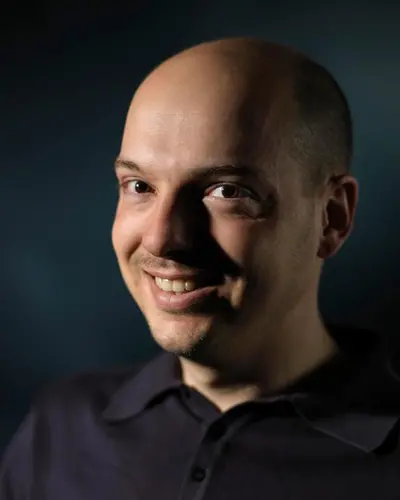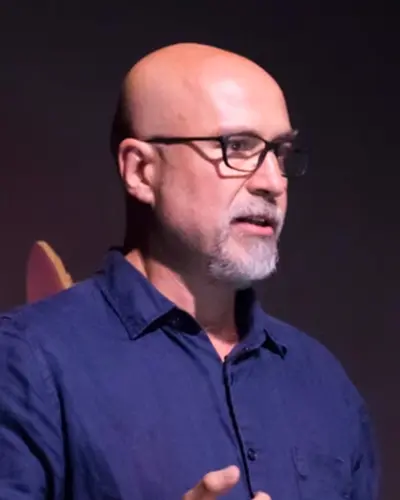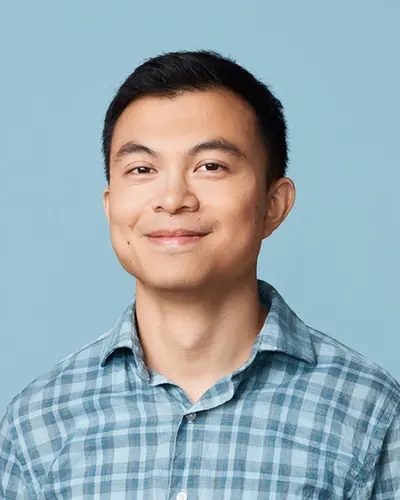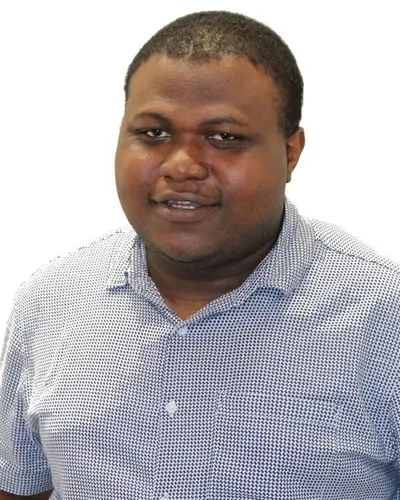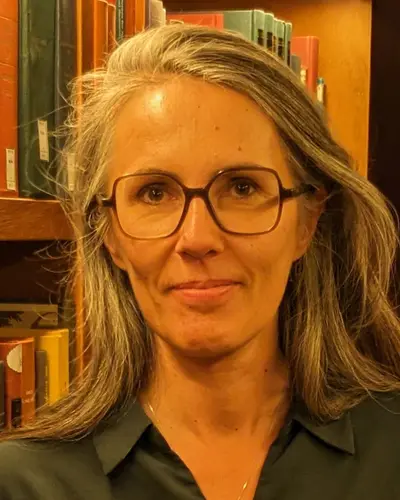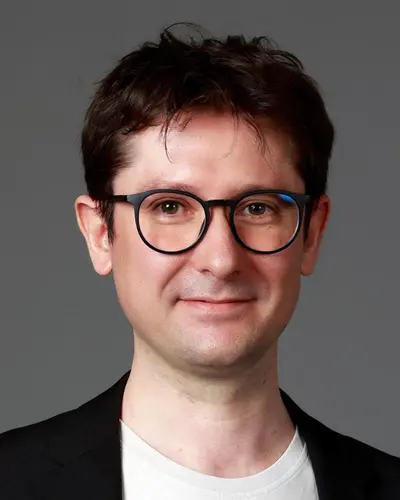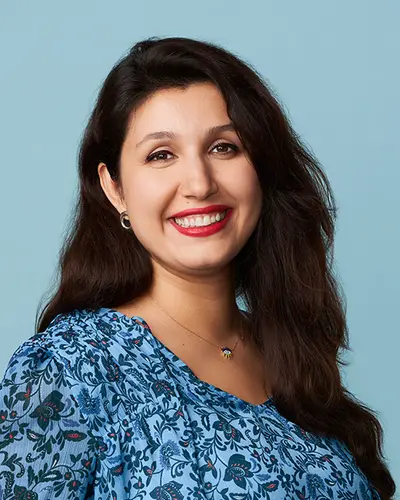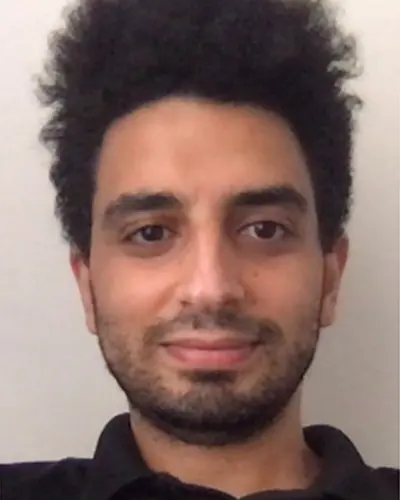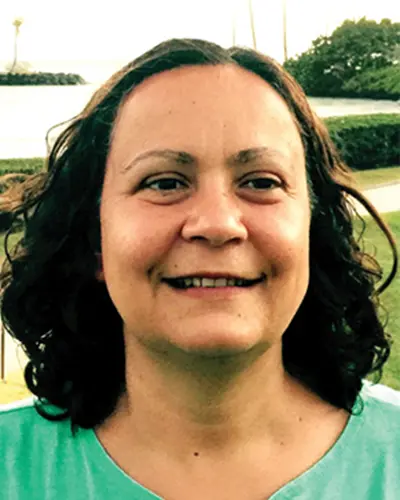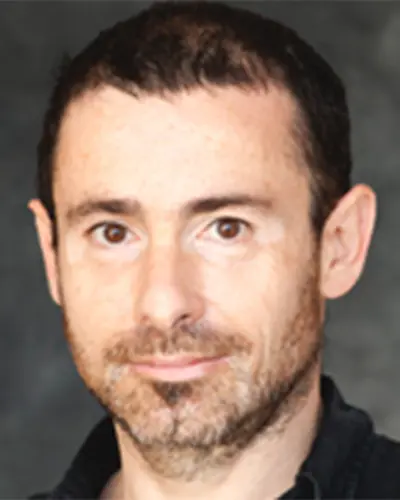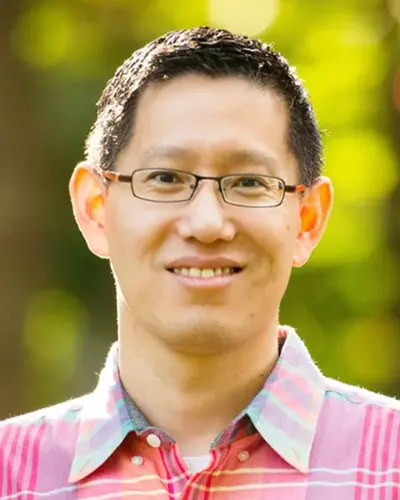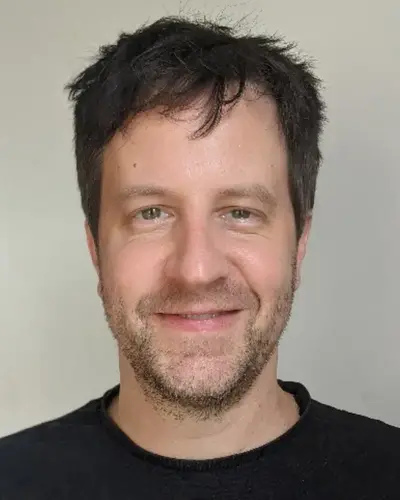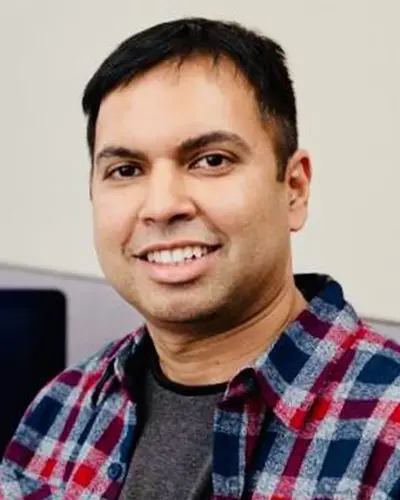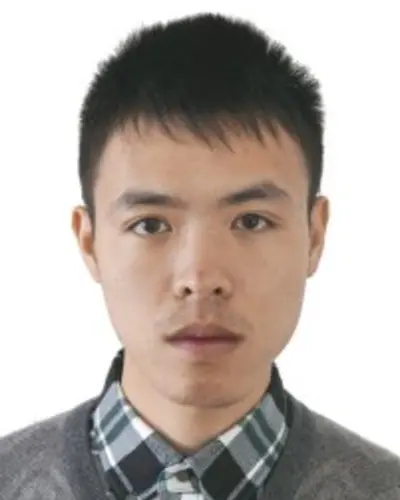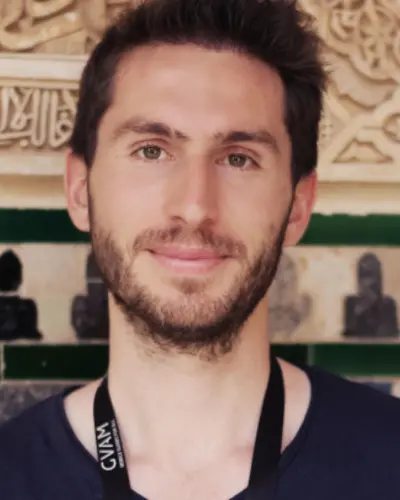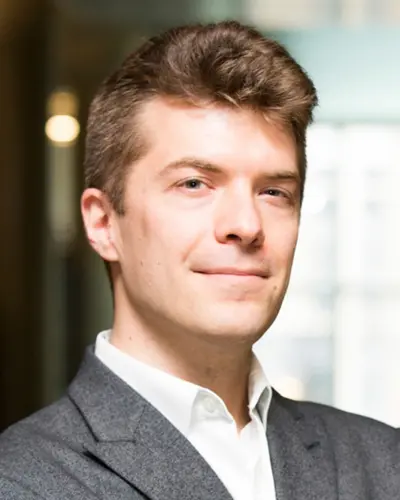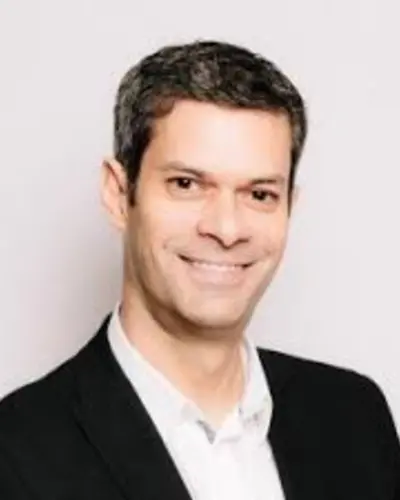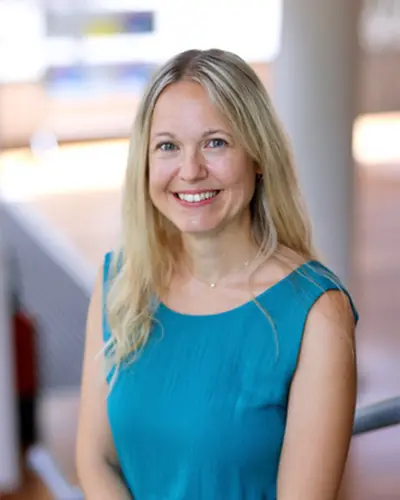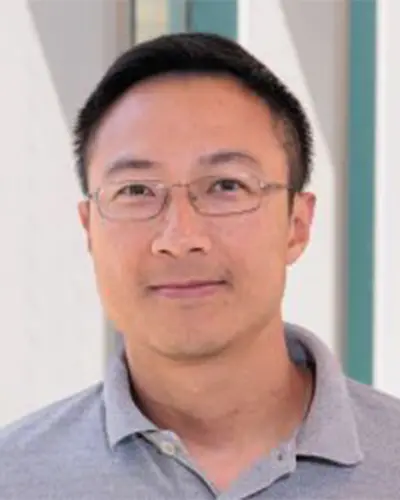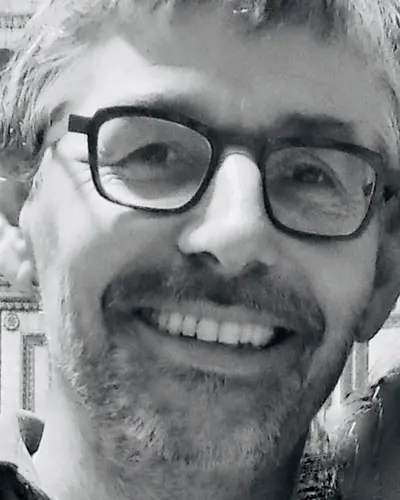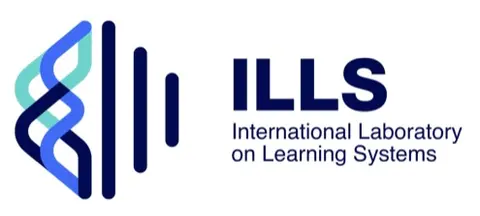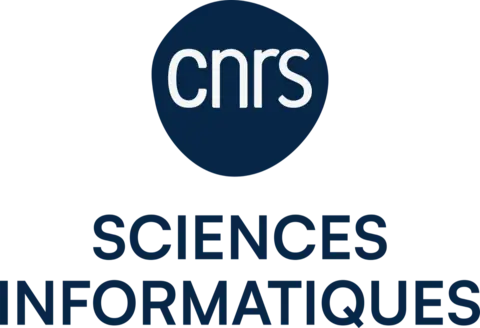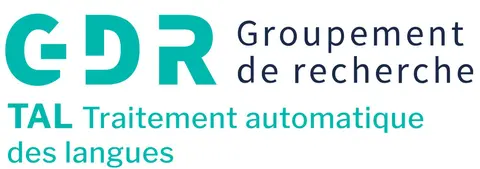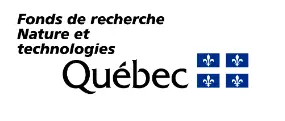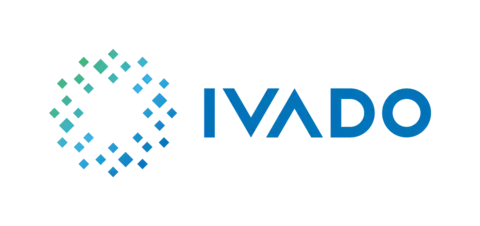
Organized by Mila – Quebec AI Institute, the International Laboratory on Learning Systems (ILLS), the Centre national de la recherche scientifique (CNRS), the Groupement de Recherche TAL – GDR TAL – CNRS Sciences Informatique, the FRQNT and IVADO. This initiative is part of a France-Quebec institutional partnership, jointly funded by both regions.
This three-day event aims to explore the transformative potential of language technologies and their implications for society.
Through keynote presentations, panel discussions, and interactive sessions, the workshop aims to foster collaboration, knowledge exchange, and critical inquiry among researchers, practitioners, policymakers, and stakeholders across disciplines. By engaging with cutting-edge research, ethical dilemmas, and real-world applications, participants will gain a holistic understanding of the multifaceted landscape of NLP, AI, and cognitive sciences and their profound implications for societal transformation.
The event is open to researchers in AI, NLP and related fields from academia and industry, as well as master's and PhD students in all areas of AI.
Programming
- Day 1 focuses on NLP in the Era of Generative AI, where participants will examine the latest advancements in NLP techniques powered by generative AI or beyond them. Discussions will revolve around the capabilities, challenges, and ethical considerations associated with these technologies, offering insights into their current state and future trajectories.
- Day 2, themed Bridging Minds: Exploring the Intersection of Cognitive Sciences and AI in Language Learning, explores the convergence of cognitive sciences and AI in understanding human language acquisition and building intelligent language systems. Speakers and participants will delve into cognitive theories of language learning, computational models inspired by human cognition, and practical applications in AI-driven language education and communication.
- Day 3 shifts the focus to How Large Language Models Will Transform Society, examining the broader societal implications of large language models (LLMs) and their pervasive influence on various domains, including education, media, healthcare, and governance. Discussions will encompass ethical considerations, biases, privacy concerns, and the democratization of information access, aiming to foster critical reflections and responsible deployment of LLMs for societal benefit.
Please see the bottom of the page for the list of confirmed speakers.
Registration
Please note that the in-person event is now full, but you can follow the conference every day online via the following link: https://www.youtube.com/@mila-quebecartificialintel8371/live
Student Poster Submissions
In the past months, PhD students working on NLP-related topics have been invited to submit a poster proposal for this workshop. Below is the list of accepted papers.
- Huizi Hao, Queen's University, Kingston, Ontario: An Empirical Study on Developers Shared Conversations with ChatGPT in GitHub Pull Requests and Issues
- Ada Tur, McGill University: Shift Happens: Post-Verbal Constituent Shifting in Large Language Models
- Aida Ramezani, University of Toronto: AI and reconstruction of human morals through text
- Julia Watson, University of Toronto: Do language models practice what they preach? Examining language ideologies about gendered language reform encoded in LLMs
- Matthieu Dubois, ISIR, Sorbonne Université, CNRS: Zero-Shot Machine-Generated Text Detection Using Mixture of Large Language Models
- Gustave Cortal, Ecole Normale Supérieure Paris-Saclay: Emotion Recognition based on Psychological Components in Guided Narratives for Emotion Regulation
- Fosse Loïc, Orange Innovation: About inclusion between tasks
- Philippe Formont, ETS: When is an embedder more promising than another?
- Xiyuan Zou, McGill University & Mila: CItruS: Chunked Instruction-aware State Eviction for Long Sequence Modeling
- Ori Ernst, McGill University & Mila: The Power of Summary-Source Alignments
- Nelson Filipe Costa, Concordia University: A Multi-Task and Multi-Label Classification Model for Implicit Discourse Relation Recognition
- Shawn Manuel, Université de Montréal: Towards a Latent Space Cartography of Individual Differences in Subjective Experience Using Large Language Models
- Y A Joarder, Concordia University: NLP-Enhanced Detection of QUIC Handshake Flood DDoS Attacks: Integrating AI into Modern Network Security



